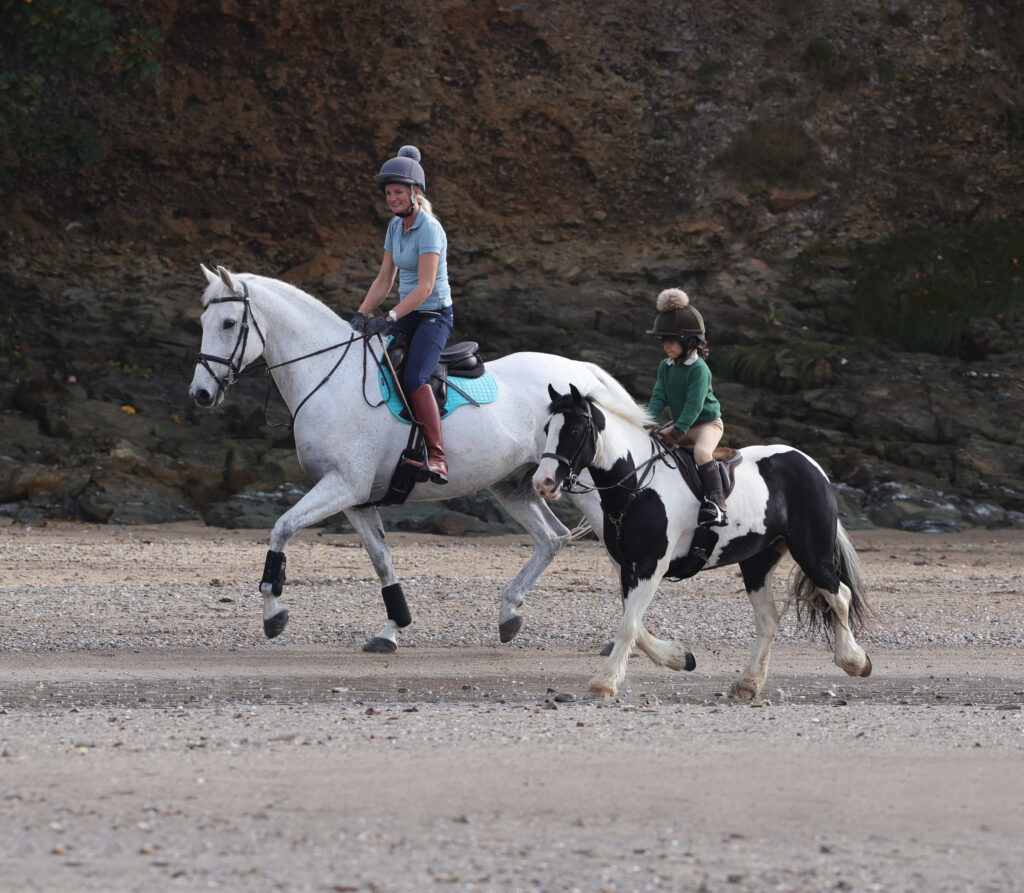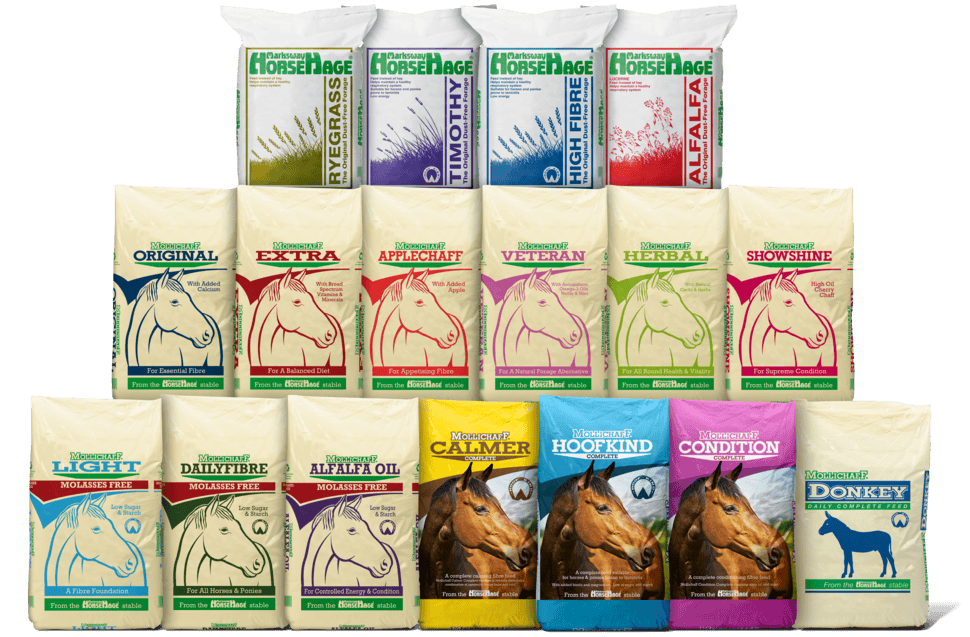
Like humans, horses only have one set of permanent teeth, although in contrast to humans horses teeth constantly erupt. This lifelong eruption helps to compensate for regular wear experienced as result of frequent grazing and chewing. It’s important that teeth are looked after properly with regular dental check-ups and care to maintain their health and avoid the development of long-term health conditions. Dental issues can occur as a result of a broken or fractured tooth, uneven wear, absent teeth, wolf teeth, retained caps (baby teeth) or diastema (gaps between teeth where food can collect).
It can be difficult to spot equine dental problems as horses often don’t show that their teeth are causing them pain, or we perceive their pain reactions to be bad behaviour. When your horse’s behaviour or appearance changes, it’s important to consider that poor dental health can be the main or a contributing factor.
In this blog, we look at some of the signs a horse is struggling with dental issues and how to feed a horse with compromised dentition.
What Are Some Symptoms of Bad Teeth in Horses?
Dental conditions can cause appetite changes, weight loss or a loss of condition alongside a number of other observable symptoms.
If your horse is exhibiting any of the following symptoms or behaviours, you should arrange for your horse’s teeth to be looked at by a vet or equine dental practitioner to help you understand the root of the problem and find a solution that helps them.
- Fussing with the bit
- Quidding (spitting out balls of partially of fully chewed food)
- Behaviour changes when riding like head tossing or irregular head carriage
- Face swelling
- Gum inflammation
- Weight loss
- Slow eating or only eating on one side of the mouth
- Poorly digested food visible in droppings
- Spilling feed
- Bad breath
- Drooling or excessive salivation
- Sinus discharge (often seen on one side)
- Head shyness
- Dehydration due to pain when drinking water
- Colic
- Refusal to eat hard feedstuffs
What to Feed a Horse with Poor Teeth?
Dental issues can occur at any age although it is often more prevalent in older horses. As horses age, the health of their teeth often declines and can cause them to fall out or have to be removed. Any dental issues, irrelevant of age, can make it difficult for horses to chew and digest fibre properly and therefore maintain adequate levels of condition– the long strands of forage in particular can pose a significant challenge.
It is essential that adequate fibre levels are maintained, and a balanced diet is fed. If your horse has trouble chewing long length forage, consider a suitable short chopped high fibre forage replacer to complement the forage ration or as an alternative. If this too poses a challenge, horse feed that can be softened with soaking could be a better option.
Horses with missing incisors may struggle to graze in paddocks that are overgrazed or have grass of minimal length, so it’s important that turnout is not relied upon as a major source of nutrition for horses that don’t have incisors.
Horses that have lost or had their molars removed will find it difficult to grind feed, so any feed that requires this action should be avoided and replaced with options that take minimal chewing instead. Feeds that are formulated to be soft and those that can be soaked can often be beneficial for those that cannot chew effectively.
Mollichaff Veteran for Horses with Poor Dentition
Mollichaff Veteran is a highly palatable forage mix for horses that have difficulty chewing long forage and therefore require a partial forage replacer.
Naturally high in fibre and containing a balanced blend of dried grass, alfalfa and oat straw, Mollichaff Veteran also contains added limestone to provide calcium for strong bones, mint to aid digestion, biotin to support healthy hooves, and several other specially selected ingredients.
For more information on what to feed your horse or pony with bad teeth, contact the HorseHage Helpline on 01803 527274.


